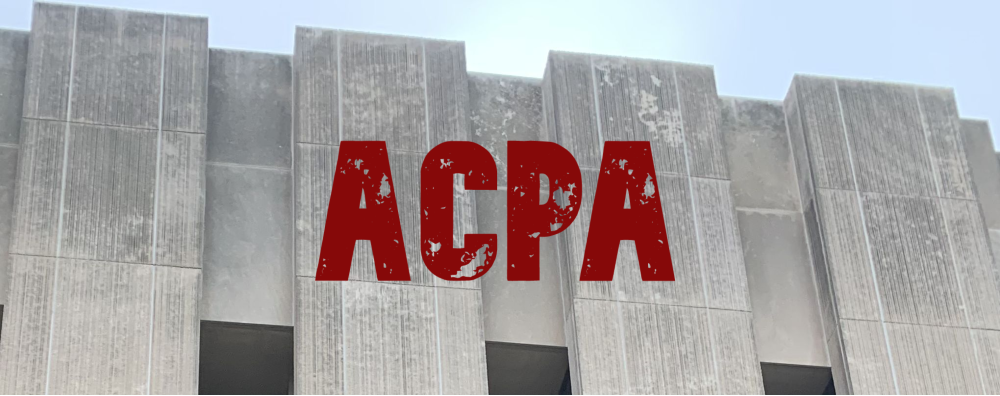
Federal law has a statute that prohibits abusive domain name registration. The Anticybersquatting Consumer Protection Act, 15 U.S.C. 1125(d) (ACPA) provides, among other things, that one is prohibited from registering, trafficking in or using, with a bad faith intent to profit, a domain name that is confusingly similar to another’s trademark that was distinctive when the domain name was registered.
In the recent case of Instructure, Inc. v. Canvas Technologies, the court considered whether the ACPA requires the mark to have been distinctive when the domain name was first registered, or whether it can still be protected by being distinctive when the domain name was re-registered. It held that the statute applies to distinctiveness at re-registration.
In this case, the disputed domain name was first registered in 1997, several years before plaintiff obtained trademark rights in its CANVAS mark. Defendant moved to dismiss plaintiff’s cybersquatting claim, arguing that the plaintiff did not have rights to a distinctive mark when the domain name was first registered, and that therefore the statute’s requirement was not met. Plaintiff showed, however, that the ownership of the domain name changed sometime in 2021 (i.e., it was re-registered).
Looking to the statute’s plain language, Congressional intent, public policy, and the trending weight of authority in other federal circuits, the court held that re-registration, or “registration again” is contemplated under the ACPA’s language. It denied defendant’s motion to dismiss the ACPA claim.
Instructure, Inc. v. Canvas Technologies, Inc., 2022 WL 43829 (D.Utah, January 5, 2022)
